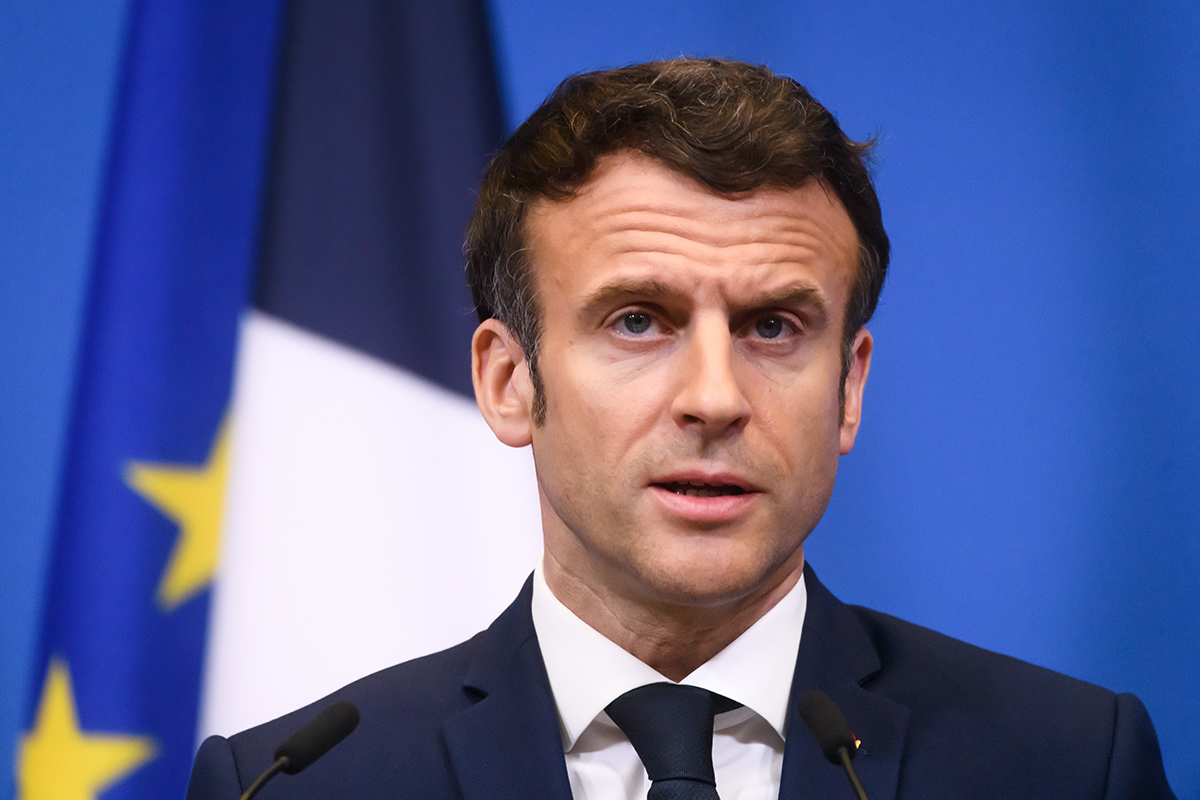Once scoffed at in French political arenas, Emmanuel Macron now sits at the helm of the nation’s leadership.
This independent centrist, with no prior elected office experience, emerged as the youngest president of the Fifth Republic by defeating far-right challenger Marine Le Pen.
Despite being 39 and a former investment banker without the support of any major political faction, many labelled him naive. Yet, the essence of Macron’s charm lies in his unique trajectory – a bureaucrat turned millionaire, eventually ascending to a ministerial position.
Highlighting the Personal
The narrative of Macron’s personal life also drew the public eye.
At just 17, he professed to his high school teacher his intentions of marrying her. True to his word, in 2007 he married Brigitte Trogneux, who is 24 years his senior.
Anne Fulda, a French journalist, delves deeper into their relationship dynamics in her book, “Emmanuel Macron: A Perfect Young Man.” As Reuters reports, the book recounts young Macron’s resistance to his father’s pleas to cease the affair with the then-married Trogneux, a mother of three. By 2015, the typically reserved duo began gracing the covers of French magazines.
Earlier, rumours surfaced insinuating Macron’s infidelity with another man. Dismissing these speculations, Macron defended his relationship stating, “Brigitte shares every moment of my life, leaving no room for such falsehoods.”
The Journey to Presidency
Macron’s roots trace back to Amiens, Northern France. Following his education at the eminent Lycée Henry IV in Paris, he enrolled at the Ecole National d’Administration, France’s cradle for political luminaries.
In 2012, after a successful stint in banking, he joined President Francois Hollande’s team. Just two years later, he was appointed the economy minister, taking over from Arnaud Montebourg.
Yet, his tenure was marked by challenges. His resolve to implement business-centric reforms didn’t resonate with many in his government. Consequently, the “Macron Law”, designed for labour reform, had to be assertively implemented, sparking widespread protests. This was a turning point for Macron, making him realize the need for systemic transformation.
By August, he had resigned, marking his ambition for the presidency by launching his own movement, En Marche!
Macron’s Vision
Macron’s campaign focused on overhauling France’s social safety nets.
He’s been a staunch advocate for anti-terrorism measures, proposing escalated defence budgets, the recruitment of 10,000 additional police officers, and an ISIS-focused task force.
While he sought to appeal to conservative demographics, he didn’t neglect progressive ideals, advocating improved salaries for educators in underprivileged zones.
As a fervent pro-European, Macron envisions France at the heart of the EU, while also emphasizing the significance of fostering relations with global leaders, including US President Donald Trump and leaders from Russia, Iran, Turkey, and Saudi Arabia.
His appeal transcended party lines. Former Socialist Prime Minister Manuel Valls, along with other key figures, rallied behind Macron, urging their followers to follow suit.
His movement, En Marche!, founded just months prior, amassed over 200,000 members, drawing crowds in droves. Backed by a coalition of Republicans and Socialists, Macron’s journey to the Élysée Palace was set.
Yet, as the elections wind down, a bigger challenge awaits. Echoing Macron’s sentiment: France is on the cusp of a new era.
Emmanuel Macron’s ascent to the French presidency is emblematic of a changing global landscape, where unconventional paths can lead to the highest echelons of power. His unique journey, blending personal conviction with political savvy, offers a testament to the evolving nature of leadership in the 21st century. As France and the world watch, Macron’s narrative reminds us that it’s not just where you start, but the passion and perseverance you bring to your journey, that defines your legacy.







